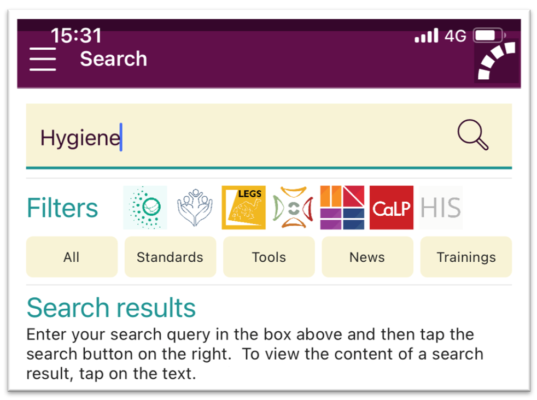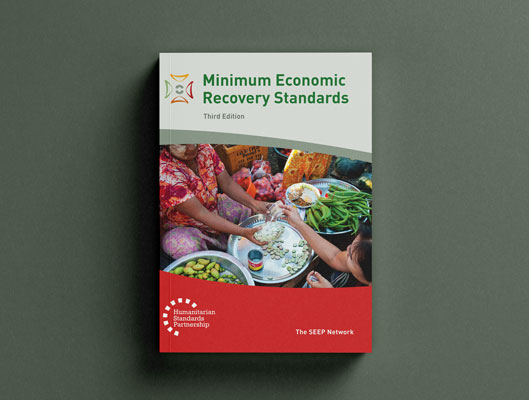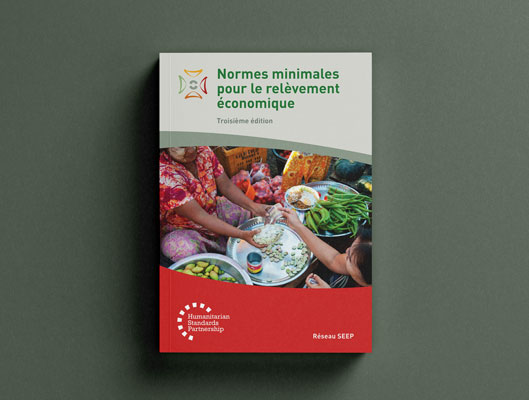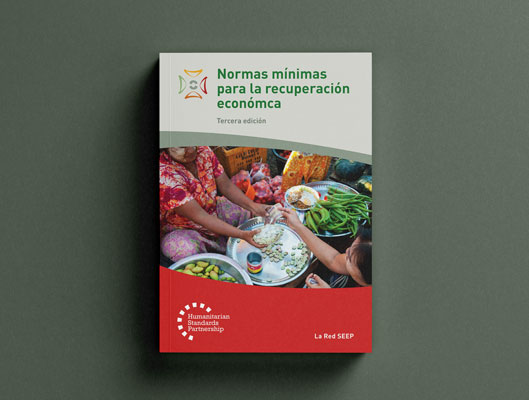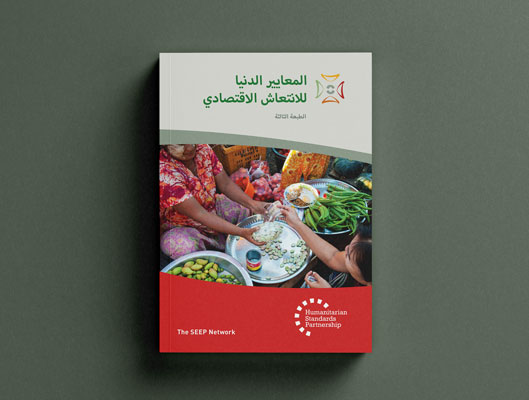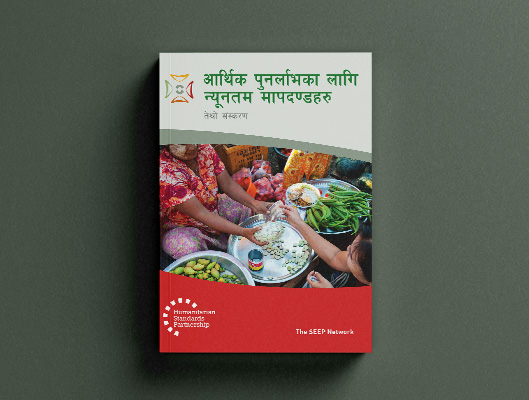Overview of MERS
The Minimum Economic Recovery Standards (MERS) capture internationally recognized consensus on best practices for building economic resilience for crisis-affected communities. This is not programmatic guidance, but rather a way to benchmark and improve programme quality. The standards are applicable across the humanitarian-development nexus and provide a common point of reference for program quality.
The MERS handbook offers tools, actions, indicators and advice to support practitioners, multi-lateral stakeholders, local market actors, governments and donors to design, implement and evaluate economic recovery activities that build resiliency for vulnerable populations in the wake of a crisis.
The standards are not exclusive to food security and livelihood sectors but can be applied and adapted to all sectors, for example, Shelter, WASH and so on.
The standards draw from the accumulated experience of the world’s leading humanitarian agencies and economic development practitioners with real-work case studies. The third and most current edition of the MERS represents the expertise of over 90 organizations and 175 technical professionals through collaborative work facilitated by The SEEP Network with funding from USAID.
The SEEP Network is now closed but related materials remain accessible on this page.


